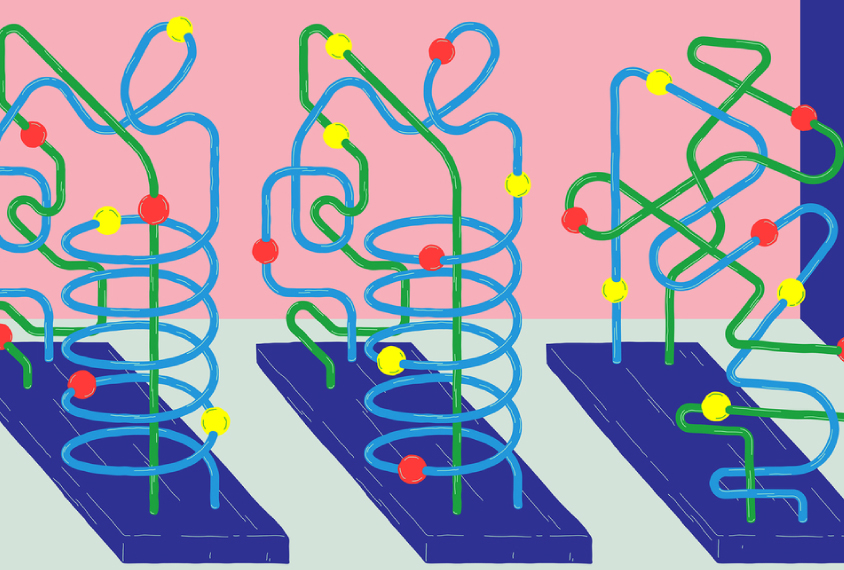Linda Geddes is a Bristol-based freelance journalist writing about biology, medicine and technology. Born in Cambridge, she graduated from the University of Liverpool with a first-class degree in cell biology. She spent nine years as an editor and reporter for New Scientist magazine and has received numerous awards for her journalism, including winning the Association of British Science Writers’ award for best investigative journalism and being shortlisted for the Paul Foot Award. Her first book, Bumpology: The myth-busting pregnancy book for curious parents-to-be, was published in 2013.
Linda Geddes
From this contributor
How genetics is revealing rare childhood conditions
A pioneering project is showing how, 17 years since the first draft of the human genome, our genes are giving up their secrets and bringing hope to parents around the world.

How genetics is revealing rare childhood conditions
Explore more from The Transmitter
Astrocytes orchestrate oxytocin’s social effects in mice
The cells amplify oxytocin—and may be responsible for sex differences in social behavior, two preprints find.

Astrocytes orchestrate oxytocin’s social effects in mice
The cells amplify oxytocin—and may be responsible for sex differences in social behavior, two preprints find.
Neuro’s ark: Spying on the secret sensory world of ticks
Carola Städele, a self-proclaimed “tick magnet,” studies the arachnids’ sensory neurobiology—in other words, how these tiny parasites zero in on their next meal.

Neuro’s ark: Spying on the secret sensory world of ticks
Carola Städele, a self-proclaimed “tick magnet,” studies the arachnids’ sensory neurobiology—in other words, how these tiny parasites zero in on their next meal.
Autism in old age, and more
Here is a roundup of autism-related news and research spotted around the web for the week of 2 March.

Autism in old age, and more
Here is a roundup of autism-related news and research spotted around the web for the week of 2 March.